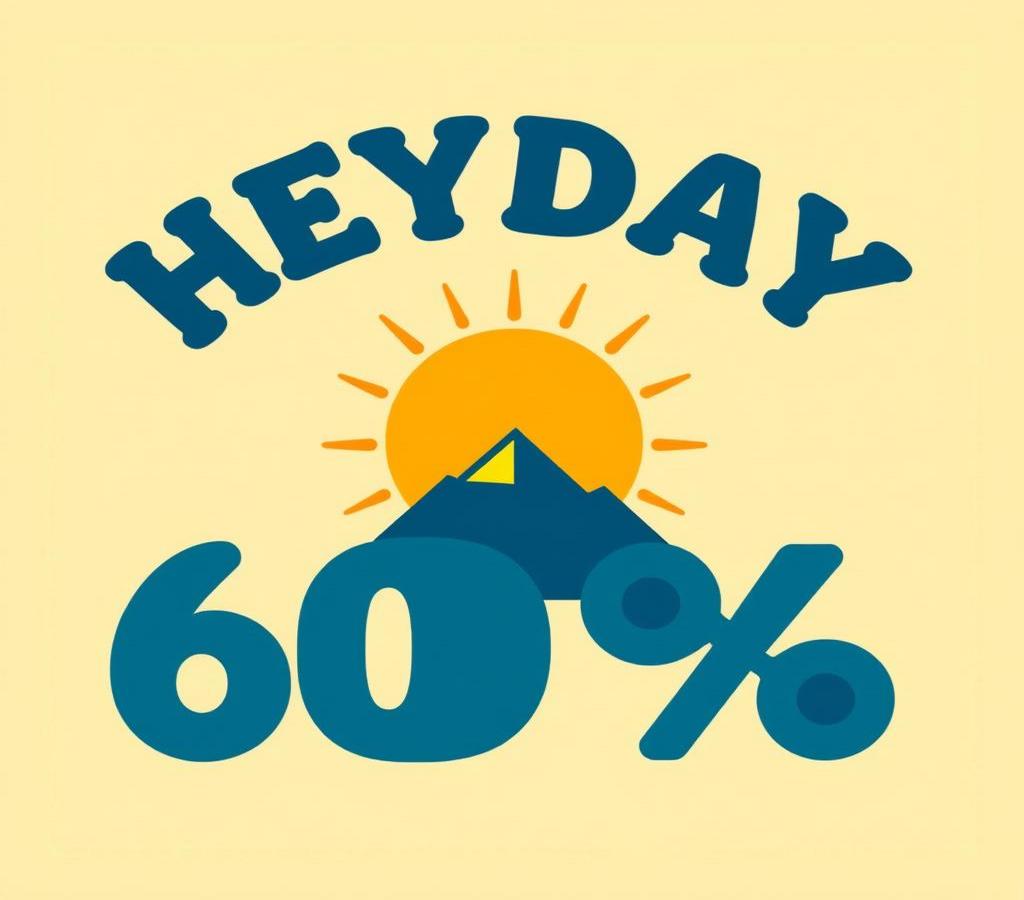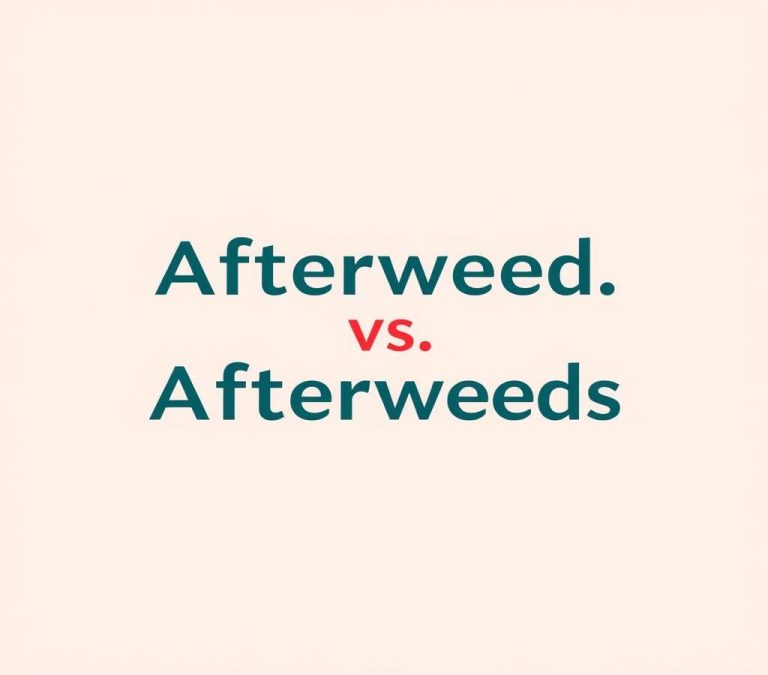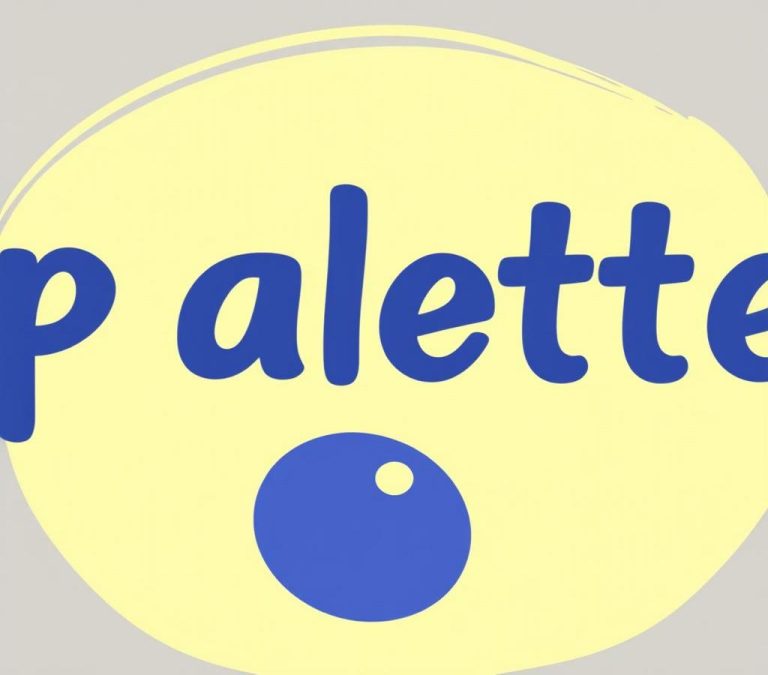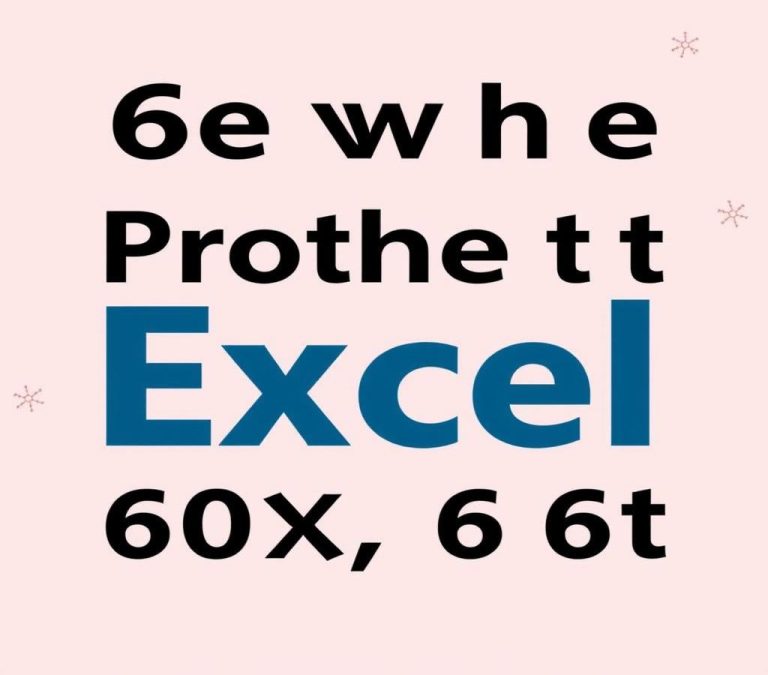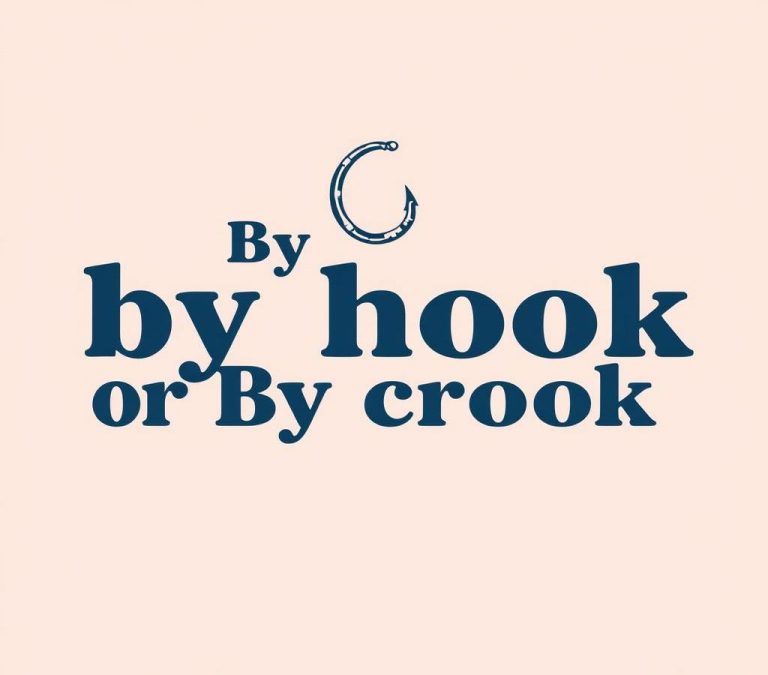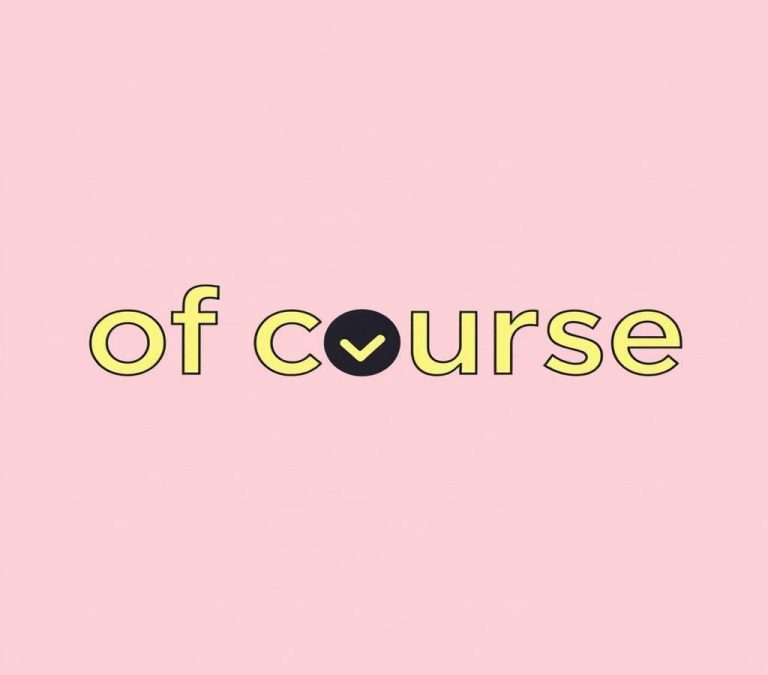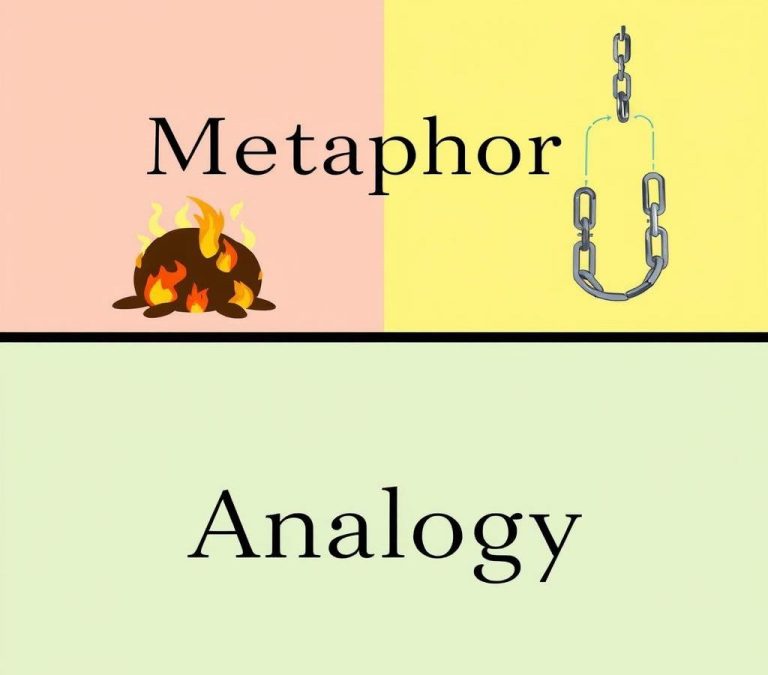Heyday vs. Hayday: Grammar Usage & Right Word
Many people often wonder whether the correct term is “heyday” or “hayday.” While both words might sound similar, only one is correct in this context. Understanding the proper usage can help prevent common mistakes in writing and conversation. This introduction will clarify the meaning and origin of the correct term, ensuring you use it confidently in your daily language.
Quick Answer
The correct spelling is heyday. It refers to the period of time when someone or something is at the peak of their success, popularity, or power. Hayday is a common misspelling, and it’s related to a day for harvesting hay, not a period of success.
Why There is Confusion
The confusion between “heyday” and “hayday” is understandable due to their similar spellings and pronunciation. Both words appear to be almost identical at first glance, but only one of them is correct in standard English usage. This similarity leads many people to mix them up in writing, often using “hayday” when they actually mean “heyday.” Adding to the confusion, the term “hayday” seems like it could be a legitimate word because of the familiar association with farming and hay. Yet, a deeper dive into their meanings and usage reveals the truth about these terms.
What Does Heyday Mean?
The word “heyday” is a noun that refers to the pinnacle or peak period of success, activity, or popularity of someone or something. For example, you might say, “The heyday of disco music was in the 1970s.” The term originates from the 16th century, where it initially appeared as an exclamation of rejoicing, similar to “Hurrah!” Over time, it evolved into a noun representing the zenith of success or vigor.
What Does Hayday Mean?
“Hayday” is not a recognized word in the English language. Many people mistakenly use “hayday” when they intend to use “heyday.” The confusion likely arises because “hay” and “day” are both familiar words, leading one to assume that combining them might create a term with an acceptable meaning. However, this is a misconception; “hayday” holds no definition in standard dictionaries and is considered a misspelling of “heyday.”
Differences Between Heyday and Hayday
In Parts of Speech
The word “heyday” is strictly used as a noun. Its application is consistent across sentences where it’s meant to describe peak periods. Since “hayday” is not an acknowledged word, it does not belong to any part of speech in the English lexicon.
In Meaning and Connotation
“Heyday” conveys a period of great success or peak performance. It carries positive connotations, indicating flourishing conditions or high points in popularity or capability. For instance, “In its heyday, the company was a global leader in technology.” Since “hayday” is not a valid English term, it holds no semantic meaning or connotation. Any attempts to use it in place of “heyday” would lead to misunderstanding or confusion.
In Usage and Context
“Heyday” is consistently used in contexts where one talks about the prime time or golden period of an individual, organization, movement, or any other entity. Phrases like “In her heyday, she was unmatched in her field” or “The heyday of the Roman Empire” illustrate appropriate usage.
On the other hand, “hayday” has no legitimate usage or context in English. Any instance where “hayday” appears is either a typographical error or a misconception stemming from its phonetic resemblance to “heyday.”
Synonyms
Exploring synonyms can deepen our understanding of “heyday” and further clarify why “hayday” does not fit standard usage.
Synonyms for Heyday
- Prime
- Peak
- Summit
- Pinnacle
- Golden age
- Bloom
- Height
- Culmination
These terms are frequently used to describe a period of peak success or optimal performance. For instance, “The technology industry is in its prime” or “The artist reached the pinnacle of her career in the early 2000s.”
Synonyms for Hayday
There are no synonyms for “hayday” because it is not an established word in the English language. Any attempt to list synonyms for it would be baseless.
Examples of Usage
Understanding the proper context for “heyday” often helps in distinguishing it from its erroneous counterpart. Here are some examples:
- In its heyday, MySpace was the most popular social networking site on the internet.
- The heyday of silent films was in the early 20th century.
- Jazz music experienced its heyday during the 1920s.
- The Olympic athlete recalled his heyday as a time of intense training and numerous victories.
- During its heyday, the ancient library in Alexandria was a hub of knowledge and culture.
In all these examples, “heyday” effectively communicates a time of peak success or activity. There is no context in which “hayday” could be correctly used, as it is not a recognized word.
Conclusion
In summary, “heyday” is the correct term to describe a period of peak success, activity, or popularity. The confusion with “hayday” arises due to their similar phonetic sounds and spellings, but “hayday” holds no valid meaning in the English language. Understanding the proper use and meaning of “heyday,” familiarizing oneself with its synonyms, and seeing examples of usage can help eliminate the confusion. Remember, when you want to talk about someone or something at its peak, “heyday” is the word you need.

